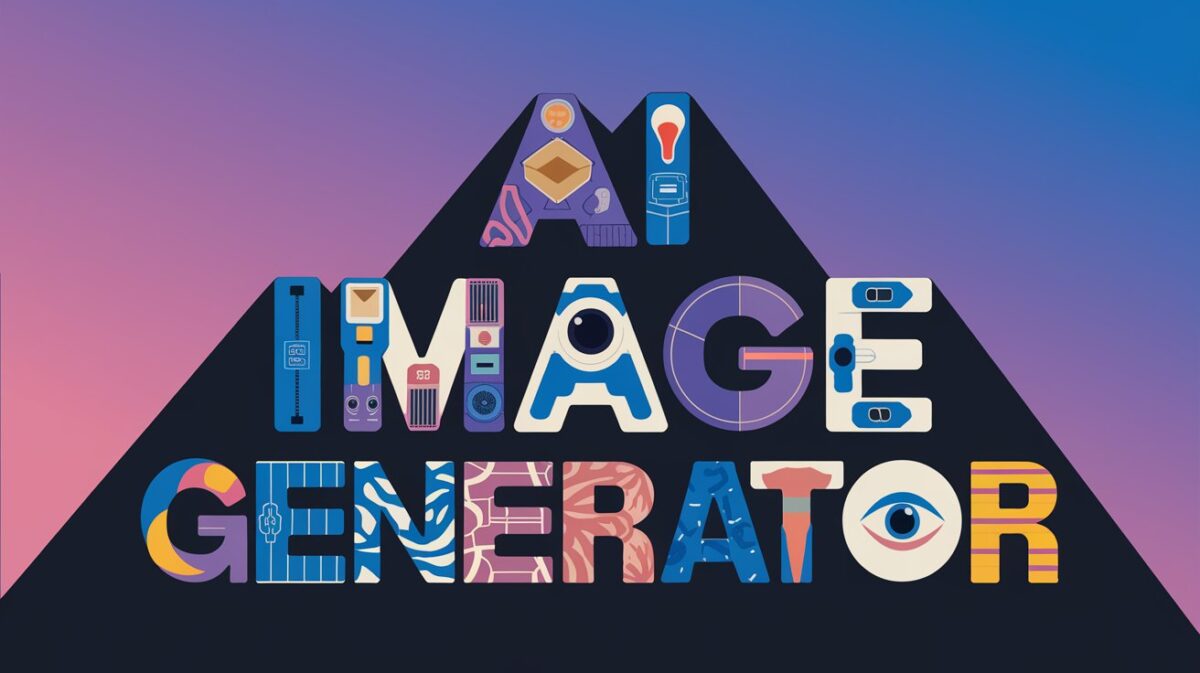Let’s cut straight to the point. People are Googling unfiltered AI because they want something different—something raw, unrestricted, maybe even more real than the polished, censored versions we usually get. But what does unfiltered AI actually mean? And more importantly, why does it matter?
This guide is going to break that down, piece by piece, without adding filler. We’re going to look at what users really want, the risks, the options, and the future of AI tools that are designed to operate without the usual guardrails. You’ll walk away knowing what unfiltered AI is, where it exists, and whether it’s right for you.
Why Is Everyone Suddenly Talking About Unfiltered AI?
AI tools are everywhere now. ChatGPT, Claude, Gemini, you name it. They help write content, code software, explain concepts, even chat like humans. But there’s one thing they all have in common: filters.
These filters are the built-in rules that make sure AI responses stay “safe,” ethical, and brand-aligned. That means:
- No adult content
- No offensive or political opinions
- No illegal advice
- No dark humor or controversial speech
But now, people want something else.
They’re looking for AI without those restrictions. Something that can think outside the box—or at least appear like it does. That’s where the concept of unfiltered AI comes in.
What Is Unfiltered AI?
Unfiltered AI refers to AI systems that either remove or loosen the typical content restrictions, moderation protocols, or safety guardrails. In short, it’s about getting access to answers or conversations that mainstream AIs would usually block.
It’s not just about edgy content. It’s also about:
- Raw creativity
- Open discussion
- Exploring taboo or gray-area topics
- Getting unmoderated help or insights
For some users, unfiltered AI tools feel more human, more honest, and less sanitized.
Who Is Looking for Unfiltered AI (and Why)?
Different users have different goals. Here’s a breakdown of the most common groups:
| User Type | Why They Want Unfiltered AI |
|---|---|
| Creatives | For more authentic storytelling, humor, and edge |
| Researchers | To ask questions that push ethical, political, or controversial boundaries |
| Developers | To build or test without censorship interfering |
| General Users | Out of curiosity, or to explore topics standard AIs block |
What Can Unfiltered AI Do That Filtered AI Can’t?
Let’s be clear: most “unfiltered” AIs aren’t smarter. They’re just less restricted. That might mean:
- Responding to NSFW or adult queries
- Giving uncensored takes on politics or religion
- Offering insights that break platform rules
- Acting like characters with extreme personalities
- Generating dark, satirical, or unorthodox content
Key Capabilities
- Uncensored Conversations
- Talk about anything, without automatic rejections or vague disclaimers.
- Controversial Topic Exploration
- Politics, global conflicts, gender issues—users want full-spectrum views.
- Experimental Roleplay
- AI acting as characters in wild, open-ended fictional scenarios.
- Adult and NSFW Requests
- Access to erotic or dark-themed storytelling, commonly filtered in mainstream tools.
Is Unfiltered AI Dangerous?
Now we have to talk about the risks. There’s a reason why filters exist in the first place. Removing them can create problems:
- Legal concerns: Unfiltered AI could give advice that’s unethical or even illegal.
- Misinformation: Without guardrails, AIs can generate misleading or harmful content.
- Bias and toxicity: Less filtering = more chance of biased or offensive responses.
- Data misuse: Some unfiltered platforms don’t follow strong data security practices.
That’s why most people use unfiltered AI in private, experimental, or underground spaces—and with caution.
Where Are People Finding Unfiltered AI?
Let’s get specific. You won’t find true unfiltered AI on mainstream sites. Instead, users explore:
1. Open-Source AI Models
- Projects like GPT-J, GPT-NeoX, or LLaMA allow custom fine-tuning without filters.
- Users run these locally or on private servers.
2. Jailbreaks & Prompts
- Users create clever prompt hacks to bypass filters in tools like ChatGPT or Claude.
- It’s not permanent and may get patched quickly.
3. NSFW or Dark-Web AIs
- Some platforms operate outside traditional boundaries, often anonymously.
- Example: Some Telegram bots, private APIs, or underground communities.
4. Unmoderated Third-Party Frontends
- Sites that use GPT-style models but remove OpenAI’s filters.
- Examples include certain forks of Open Assistant or FreedomGPT.
Reminder: Just because it’s available doesn’t mean it’s legal or safe. Always know what you’re accessing.
Most Asked Questions About Unfiltered AI
Can You Use Unfiltered AI for Free?
Yes, but not always safely. Open-source models and some sites offer free access, but many are unstable or require technical setup.
Is It Legal To Use?
Using AI tools isn’t illegal, but what you do with unfiltered AI can cross legal lines. Always stay informed.
Will AI Ever Be Truly Unfiltered?
Maybe in private, self-hosted systems. But public platforms will always have some moderation.
Are There Any Ethical Ways To Use It?
Yes. For storytelling, roleplay, writing scripts, or fictional experimentation, unfiltered AI can be used responsibly.
How People Are Using Unfiltered AI Today
Here are real-world use cases based on current trends:
- Writers creating raw, complex, or adult-themed characters
- Tech hobbyists running local models for creative freedom
- Game designers building edgy or controversial NPCs with unfiltered dialogue
- Content creators exploring unfiltered commentary styles
Tips For Using Unfiltered AI Safely
Let’s keep it real. If you’re going to explore unfiltered tools, you need to know how to stay safe:
- Use trusted open-source projects with active communities
- Run models locally instead of trusting sketchy online tools
- Avoid giving personal data or credentials to any AI
- Don’t use AI for illegal or harmful purposes—yes, even if you’re curious
Summary: The Truth About Unfiltered AI
Unfiltered AI is about freedom—but it comes with trade-offs. It removes the training wheels, but that also means it removes safety. For creators, developers, and curious minds, it opens doors. But it’s not for everyone.
The key is to know what you’re getting into. Understand the risks. Learn the tools. Be responsible.
As AI evolves, so will the way we use it. And whether you’re here out of curiosity or with a serious use case in mind, staying informed is the best way to move forward.








